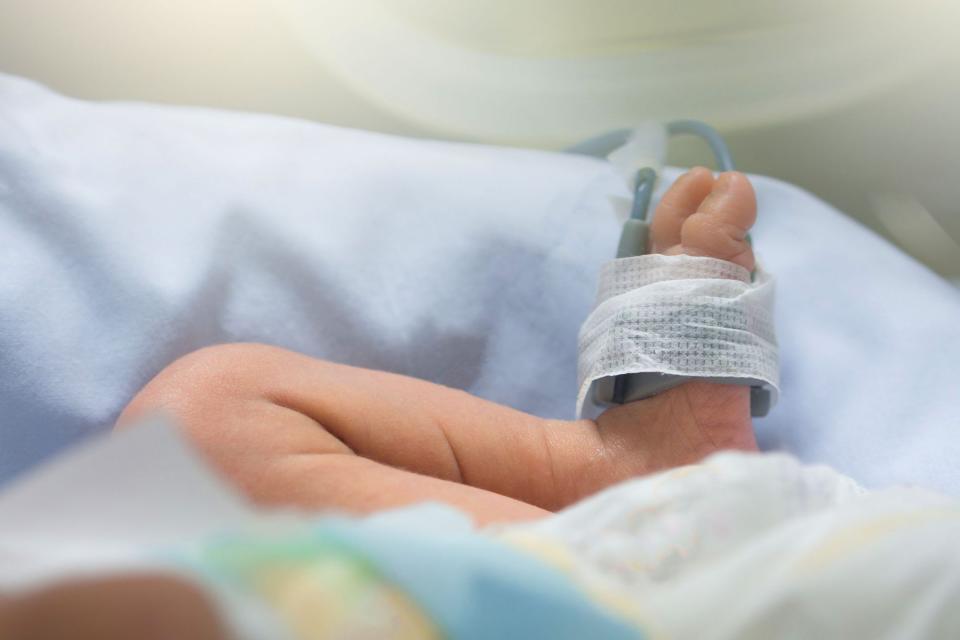FDA Panel Votes to Approve RSV Vaccine to Protect Infants
An advisory panel for the U.S. Food and Drug Administration voted on Thursday in favor of recommending a vaccine — made by Pfizer — to protect infants from RSV, or Respiratory Syncytial Virus

An advisory panel for the U.S. Food and Drug Administration voted on Thursday in favor of recommending a vaccine to protect infants from RSV, or Respiratory Syncytial Virus. The illness is common and is the typical cause of bronchiolitis and pneumonia in kids under 1 years old.
"This is great news for kids and moms everywhere in the U.S.," said Dr. David Kim, director of the Division of Vaccines at the Office of Infectious Disease in the US Department of Health and Human Services. "The burden of RSV disease is high, and there's a definite need for preventive care."
The vaccine, made by Pfizer, was tested in a study — published in The New England Journal of Medicine — that analyzed about 7,300 women after the 24th week of pregnancy. About half of the participants received a placebo and half were given the vaccine.
According to an FDA analysis, the clinical study found that the vaccine is 83% effective at protecting newborns from severe cases of RSV in the first three months after birth. The vaccine was also reportedly 69% effective for six months after birth.
In Thursday's FDA advisory meeting, all 14 committee members unanimously agreed that the vaccine was effective based on the data. However, only 10 members agreed the vaccine was safe based on the data, with concerns regarding some evidence that the vaccine may be linked to preterm birth.
Never miss a story — sign up for PEOPLE's free daily newsletter to stay up-to-date on the best of what PEOPLE has to offer, from juicy celebrity news to compelling human interest stories.
"I find the data on efficacy quite compelling, in particular the high efficacy against severe RSV disease," Dr. Holly Janes — committee member who voted "yes" on efficacy but "no" on safety — said, CNN reports.
"I'm still wrestling with the totality of evidence," she added. "I sort of wish that we could have some more discussion and more data on how to put these benefits and potential risks together."
Following the vote, the FDA will make a decision on the vaccine's approval. If approved, it will be the first vaccine to protect infants against RSV.
RSV infections, which are the most common cause of bronchitis and pneumonia in kids under the age of one in the U.S., typically occur in the fall and winter during flu season. These infections "primarily spread via respiratory droplets when a person coughs or sneezes, and through direct contact with a contaminated surface," according to the CDC.
The CDC says in infants younger than six months "RSV infection may result in symptoms of irritability, poor feeding, lethargy, and/or apnea with or without fever." Other than symptom management, there is currently no specific treatment for RSV infection.
For more People news, make sure to sign up for our newsletter!
Read the original article on People.

